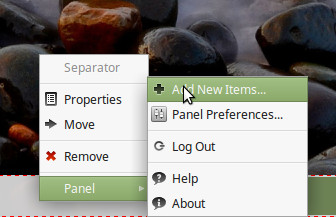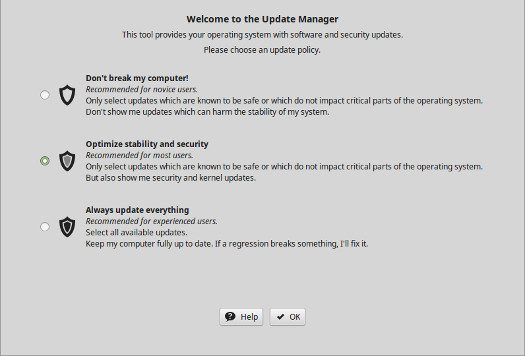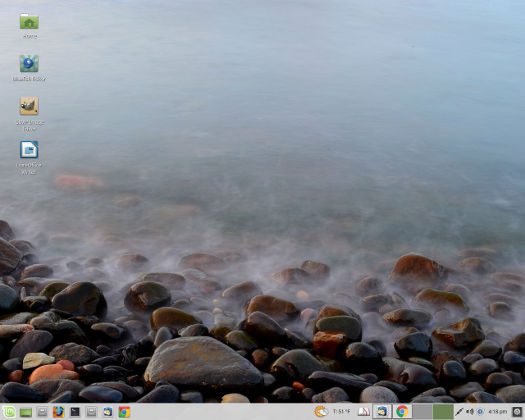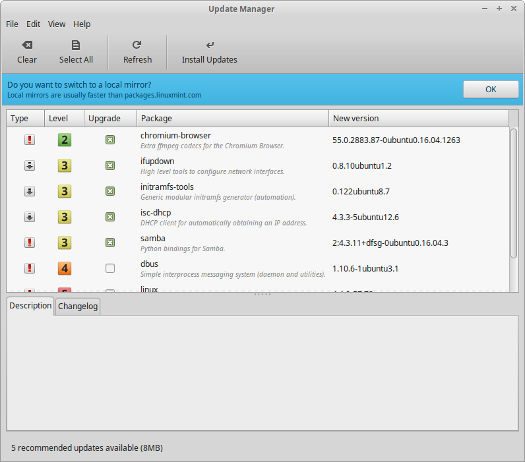If it wasn’t for Linux setting the bar, would Windows users still be dealing with the “blue screen of death” several times a day?
Roblimo’s Hideaway

There was a time when a computer operating system called Windows totally dominated the market, and it sucked. I mean, really sucked. Blue screens of death, unexplained crashes, viruses and worms galore, re-re-reboots all the darn time…and still, despite all the problems, people used this Windows thing. Why? Because except for the artsy/hipster $MacOS, it was the only computer OS you could get for your desktop, and it was the one that ran all the 17 jillion programs businesses wanted their office workers to use. Luckily, Windows has gotten a lot better over the years. Except…was it luck or was it Linux that made Windows improve?
Robin “Roblimo” Miller is a freelance writer and former editor-in-chief at Open Source Technology Group, the company that owned SourceForge, freshmeat, Linux.com, NewsForge, ThinkGeek and Slashdot, and until recently served as a video editor at Slashdot. Now he’s mostly retired, but still works part-time as an editorial consultant for Grid Dynamics, and (obviously) writes for FOSS Force.

















